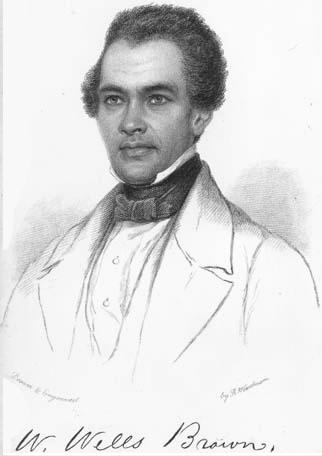Deadpool1986
Cook with a Mouth
I'm making this thread to honor those who came before us, to honor the brave black men and women who help pave the way for us in, Art ,Education, Science ,Sports, Politics. if it wasn't for them we wouldn't be where we are today, so for the next four weeks I will be posting up stories and articles on these brave, smart, extraordinary people. First up is James Derham (c. 1757-1802?) who was the first African-American to formally practice medicine in the United States though he never received an M.D. degree.
Derham was born into slavery in Philadelphia, Pennsylvania. He was owned by several doctors, and one of his owners, a physician named Dr. Robert Love, encouraged him to go into medicine. By working as a nurse, he purchased his freedom by 1783. He opened a medical practice, by age 26 his annual earnings exceeded $3,000.
Derham met with Dr. Benjamin Rush, the father of American medicine, and Rush was so impressed by Derham that he encouraged him to move to Philadelphia. There he became an expert in throat diseases and in the relationship between climate and disease.
He also had no siblings. Derham disappeared after 1802, his fate is unknown.

http://blkhistory.com/m/person/view/James-Derham
Derham was born into slavery in Philadelphia, Pennsylvania. He was owned by several doctors, and one of his owners, a physician named Dr. Robert Love, encouraged him to go into medicine. By working as a nurse, he purchased his freedom by 1783. He opened a medical practice, by age 26 his annual earnings exceeded $3,000.
Derham met with Dr. Benjamin Rush, the father of American medicine, and Rush was so impressed by Derham that he encouraged him to move to Philadelphia. There he became an expert in throat diseases and in the relationship between climate and disease.
He also had no siblings. Derham disappeared after 1802, his fate is unknown.

http://blkhistory.com/m/person/view/James-Derham








